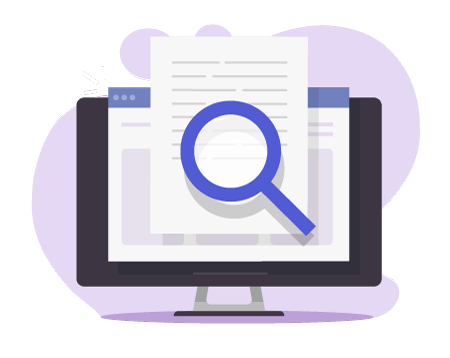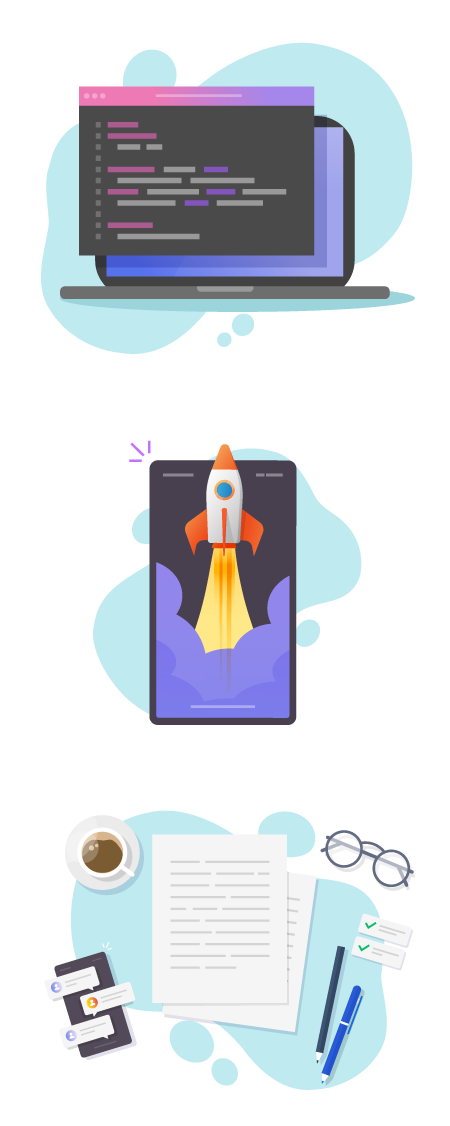AI Best Practices
BEFORE YOU BEGIN: Recommendations for Exploration of Generative AI Tools
Lamar University encourages responsible exploration with Generative AI tools, fostering innovation while ensuring adherence to guidelines and considerations unique to such experimentation. Below are potential avenues for experimentation and key factors to consider before delving into Generative AI. For more ideas, contact the CTLE at CTLE@Lamar.edu.

Before Experimentation with Generative AI Tools
- Familiarize yourself with Lamar University's preliminary guidelines for utilizing Generative AI tools. Ensure compliance with regulations regarding using confidential data with publicly accessible tools. Verify and authenticate any AI-generated content before dissemination.
- Explore available tools at Lamar University, examining their approved data handling levels. Continuous updates may introduce new options for experimentation. Certain Colleges may provide additional tools for eligible users.
- Acknowledge the limitations of AI. Approach critically, acknowledging potential inaccuracies, misleading information, or entirely fabricated content. Maintain skepticism and verify the validity of AI-generated output.
- Respect copyright regulations. Ensure that AI-generated content does not infringe upon the intellectual property or legal rights of third parties. Avoid requesting AI to replicate copyrighted material.
Ideas for Experimentation with Generative AI
- Content Creation: Generate diverse content forms like stories, music, images, recipes, and more through natural language prompts, fostering creativity and idea generation. Emphasize learning to refine and optimize prompts for effective outcomes.
- Code Generation and Debugging: Utilize Generative AI to create, debug, and enhance computer code, catering to both experts and non-programmers. Review code for security vulnerabilities and accuracy before publication.
- Formula Creation for Spreadsheets: Simplify formula creation for spreadsheet applications using natural language prompts, enhancing accessibility for non-experts. Verify generated formulas for accuracy before integration.
- Advanced Search: Leverage Generative AI's ability to swiftly navigate vast datasets for advanced search purposes. Exercise caution regarding the accuracy of outputs, considering potential biases and outdated information.
- Document Summarization: Employ Generative AI for concise document summarization, facilitating tasks such as research insights extraction and report condensation. Verify summaries for contextual accuracy.
- Information Synthesis and Translation: Utilize AI to synthesize complex datasets and translate text passages efficiently. Exercise caution with translations, ensuring accuracy particularly when translating into languages other than English.
- Content Review and Enhancement: Utilize AI for editing and improving written content, offering suggestions for enhancements, error detection, and readability assessment.
- Productivity Enhancement: Harness AI's capabilities to summarize meeting notes, identify key points, and generate action items, enhancing productivity in various tasks.
- Accessibility Improvement: Employ AI tools to enhance accessibility by identifying document issues and suggesting improvements such as alt-text and audio descriptions. Manually test content for accessibility to ensure effectiveness.

Lamar University remains committed to supporting responsible exploration and innovation with Generative AI tools, fostering a culture of ethical and informed experimentation within its academic community.
Have Questions?
CTLE support is available 8:00 AM until 5:00 PM, Monday through Friday. We are committed to the highest ideals of confidentiality in all matters.
Ashley L. Dockens | Director of the Center for Teaching and Learning Enhancement
For questions about the CTLE: dept_CTLE@lamar.edu
For questions about Blackboard: blackboard@lamar.edu